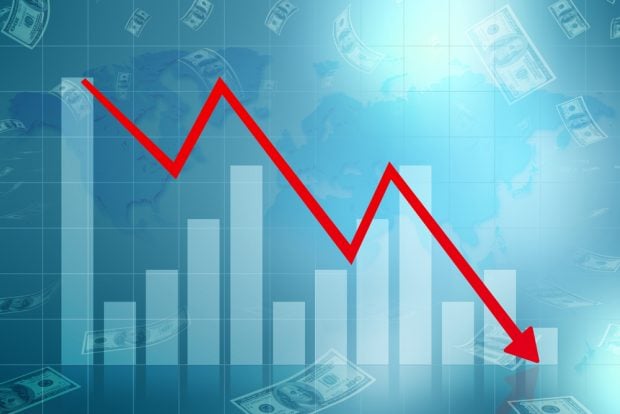 Credit/Shutterstock
Credit/Shutterstock
In an increasingly interconnected world, supporting small businesses is key to fostering sustainable economic growth. Credit unions throughout the United States and globally understand the critical need to support small business in local communities. Small and medium enterprises (SMEs) are the backbone of economies worldwide, yet they often struggle to access the financing they need to thrive.
As current chair of America’s Credit Unions’ World Affairs Committee, I recognize the importance of working together as a global credit union movement. Because of this need, World Council of Credit Unions (WOCCU) has worked to boost SME lending through credit unions and grow the entrepreneurial class through its international development work.
Recommended For You
WOCCU pioneered an approach to SME finance through its Technology and Innovation for Financial Inclusion (TIFI) Project (2018-2024), demonstrating the transformative power of credit unions.
A prime example of this impact is the SME Lending Toolkit, which is designed to empower credit unions with the tools and strategies necessary to provide sustainable financial services to SMEs. The results speak volumes: Through partnerships with five credit union associations, 23 individual credit unions and one CUSO, the toolkit facilitated 1,767 loans totaling $41 million across Kenya, Guatemala, Burkina Faso and Senegal. These loans have not only fueled business growth but also underscored the vital role credit unions play in supporting local economies.
Credit unions have long been recognized for their community-centric approach, and their ability to identify and serve SMEs in need of financing gives them a unique edge.
The WOCCU Credit for Agriculture Producers' (CAP) Project (2016-2024) revolutionized agribusiness financing in Ukraine, shifting credit unions’ focus from consumer to business lending. The CAP Project facilitated over 21,000 agricultural loans worth $33 million, providing critical support to rural micro and small businesses.
WOCCU’s Economic Inclusion Project (EIP) in Peru and Ecuador further exemplified the profound influence of credit union SME-lending efforts. Through 24,148 loans amounting to $22 million, EIP has empowered thousands of entrepreneurs, including Venezuelan migrants integrating into their host countries.
A 2024 study assessing the program’s economic impact revealed that EIP beneficiaries earn an average monthly income that is 119% higher than non-beneficiaries. Furthermore, 80% of these beneficiaries operate formal businesses, contribute taxes and generate employment, underscoring the program’s success in fostering economic stability and social integration.
WOCCU’s commitment to expanding small business growth was set to continue through the Economic Inclusion Project into 2026 – and extend beyond that with the new GROW Project in Ukraine (2024-2028) and the Accelerating Growth and Inclusion in Lending for Credit Unions (AGIL4CU) Project (2023-2028) – aimed to build on TIFI’s successes in Kenya, Guatemala, Senegal and Burkina Faso.
But all this work with SMEs is now on hold. In February, USAID terminated its funding of all WOCCU international development projects – stalling the growth and creation of more small businesses around the world.
The evidence is clear: Credit unions are not merely financial institutions – they are catalysts for economic growth and social progress. With the support of U.S. government funding, WOCCU has been able to equip credit unions with the right tools and facilitate the growth of small businesses around the world for more than 40 years – transforming the landscape of international development.
As credit unions continue to evolve, they must retain the ability to expand their reach if they are to remain a powerful force in driving sustainable small business growth worldwide. This cannot happen without future U.S. foreign aid funding. We ask that credit union leaders continue their outreach to members of Congress to reopen this important stream of funding, so that WOCCU may continue to showcase the credit union difference through international development.

© Touchpoint Markets, All Rights Reserved. Request academic re-use from www.copyright.com. All other uses, submit a request to [email protected]. For more inforrmation visit Asset & Logo Licensing.






